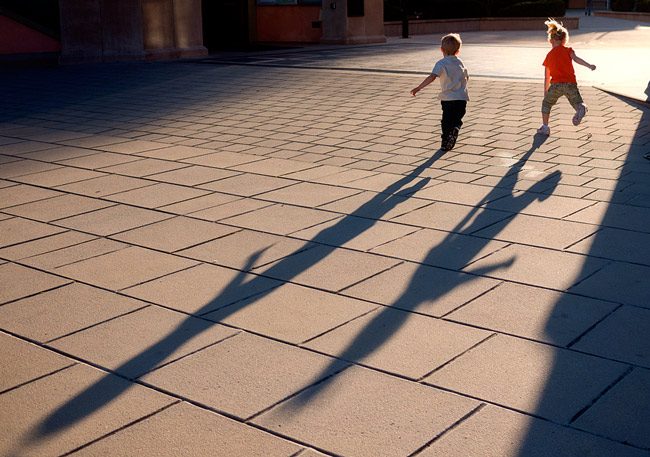
The Flagler County Commission this evening will approve in bulk the majority of its social services grant for the year, totaling $400,000 to six agencies and underwriting such things as free healthcare for the poor, a shelter for abused women, interventions for victims of rape, and help for addicts and individuals with mental health needs, among other services.
The grants are approved every year and generate little public discussion, even in budget workshops, when they are discussed at somewhat greater length. Even as the underwritten agencies often seek—and need—more, the grants represent a significant public investment in key social services for the neediest, and contrast sharply with a financial responsibility the county’s three cities consider to be the county’s alone: Palm Coast, Flagler Beach and Bunnell’s budgets devote no money to the social service agencies. (City residents, however, do pay a hefty share of their property taxes to the county.)
The largest award, $173,000, goes to Stewart-Marchman-Act Behavioral Health Services, the agency that provides drug-abuse treatment and mental health services for Flagler and Volusia County residents. The agency is primarily funded through the Department of Children and Families, but state law requires county governments to provide a 25 percent match to their budget.
The money buys a minimum of 242 hours of mental health outpatient and case management services, 70 bed days of mental health crisis stabilization, 240 bed days for drug-abuse treatment or detox services, and nearly 600 hours of outpatient substance abuse treatment services evenly split between adult and adolescent services. The county also recommends (but doesn’t force) the agency to participate in Access Flagler at least quarterly. Access Flagler is the county’s monthly fair-like open house for all local social services. It takes place at the county fairgrounds. The county asks all of its grant recipients to do likewise.
The county will grant the Flagler County Free Clinic, a n on-profit, $55,000 to provide primary health care services to 1,500 residents and dental care to 125 residents, as long as the participants have no insurance and have an income of less than 200 percent of the federal poverty line—that is, a household income of $48,600 or less for a family of four, or $23,700 or less for an individual. The clinic operates at 700 East Moody Boulevard in Bunnell.
The county will grant the same amount ($55,000), split into two pots, to the Family Life Center–$40,000 for its domestic violence shelter services, and $15,500 for its services to victims of sexual assault, including sexual assault nursing examiners in the event of a rape. The center has been a certified rape crisis center since January 2016. The Family Life Center is a small operation run out of a location not disclosed publicly, to protect its residents. It is often at or beyond capacity.
Commissioners will also approve a $28,500 grant for a related service: the Children Home Society’s emergency sheltering, group homes or home-based interventions for abused, neglected or abandoned children. The Flagler grant underwrites services for 37 Flagler-based families in a program designed to help keep families intact or to assist in their reunification. The grant also provides for at least 75 emergency shelter bed days to children removed from their home because of abuse or neglect.
As with the grant to Stewart-Marchman, the $58,200 grant to the Early Learning Coalition of Flagler and Volusia is a federal requirement, a 6 percent match to state and federal grants that help subsidize child care services for at-risk, poorer families, through licensed and unlicensed local child care operations. The money pays for the equivalent of 60,546 hours of child care services, what works out to the equivalent of a full subsidy for 19 children, eight hours a day, year-round, though the subsidies are broken down and spread around more effectively: they subsidize 232 child-care slots for 350 children at risk of abuse or neglect.
Finally, the grants also include $30,000 for the Boys & Girls Clubs of Volusia and Flagler Counties, providing after-school enrichment programs to children ages 6 to 18 through sports, arts, health and life skills and the like, with a focus on poorer children. The money subsidizes the equivalent of 14,286 afterschool hours for the year.
The grants are approved as a group as part of the commission’s consent agenda—the part of the agenda that does not require individual votes. It contains numerous other items as well, including this evening spending items for advertising and promotion at the county’s tourism division, among others. The commission meets at 5 p.m. at the Government Services Building in Bunnell.





























Sw says
Oh no we need an I95 sign . Good for you all sounds worth it